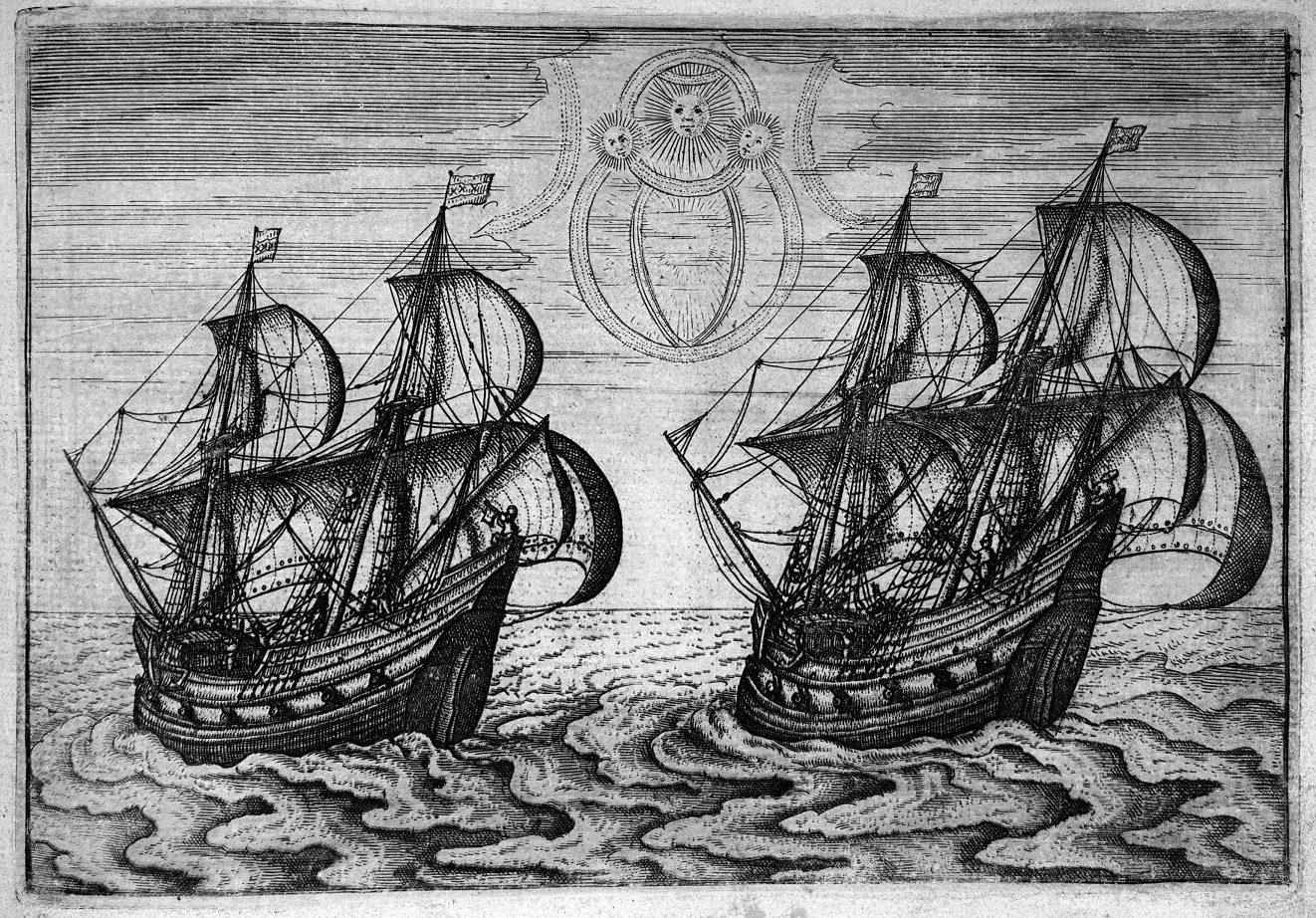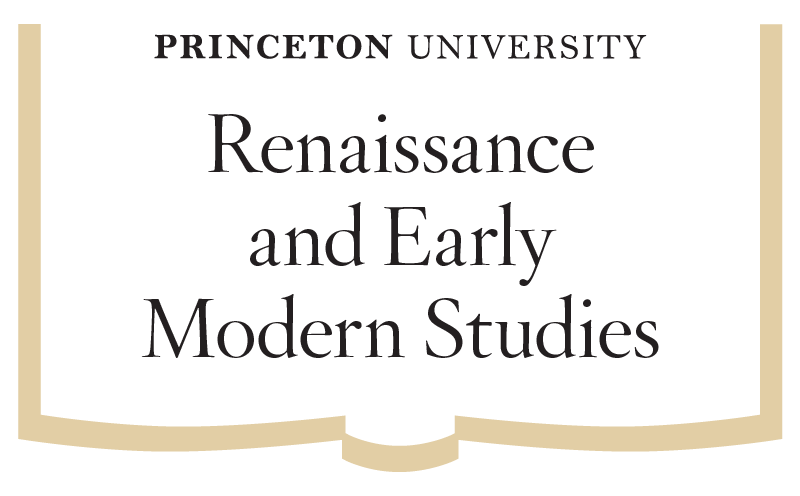
Environment and Observation in the Dutch Golden Age
November 19, 2021 · 12:00 pm—1:30 pm · Virtual
Renaissance and Early Modern Studies

This workshop features talks by:
Anne Goldgar, “Observation in Early Dutch Arctic Exploration”
This paper uses several cases of Dutch arctic exploration in the late sixteenth and early seventeenth centuries to consider the role of observation both in commercial and navigational spheres, but also in the management of emotion by explorers.
Goldgar has been Garrett and Anne Van Hunnick Professor of European History at USC since June 2020. Before that, she had taught at King’s College London, where she was Professor of Early Modern History, since 1993. She is the author of various works on the intersection of scholarship, material culture, history of science, and art history, including her most recent monograph, Tulipmania: Money, Honor, and Knowledge in the Dutch Golden Age (Chicago). Her paper is part of an ongoing project on Dutch identity and the memory of the Nova Zembla expedition of 1596-7.
Emmanuel Kreike, “Tinsel Republic? Climate and War in the Dutch Golden Age”
In a 17th century, mired by crises, the Dutch Republic celebrated its Golden Age. Such prominent historians, Jan De Vries and Geoffrey Parker have emphasized that The Dutch Republic was unique in bucking the European and global trend. Dagomar De Groot argued in his 2018 The Frigid Golden Age that Dutch ingenuity made its society and economy highly resilient to the storms and icy winters brought about by the Little Ice Age, allowing it to not only win its independence from the mighty Habsburg Empire and defeat its English rival, but to dominate commerce and exploration across the Seven Seas. Yet throughout much of the era, the Dutch Republic was engaged in war and the countryside of the heartland of the Republic, the Province of Holland continued to suffer from long-term land losses and agricultural involution caused by the late 16th century inundations and scorched earth tactics that marked the Dutch Revolt. To what extent was the Gold of the Dutch Golden Age perhaps tinsel thin and Dutch 17th century exceptionalism a myth?
Kreike teaches African, Global Environmental and Digital/Spatial History at Princeton University. His current research focuses on the War-Environment-Society nexus and his latest book Scorched Earth: Environmental Warfare as a Crime against Humanity and Nature (Princeton University Press 2021) is the first volume in the Environcide Trilogy. Scorched Earth highlights environmental warfare in conventional conflict from the early 16th to the early 20th centuries.
Please register to receive the Zoom link here












